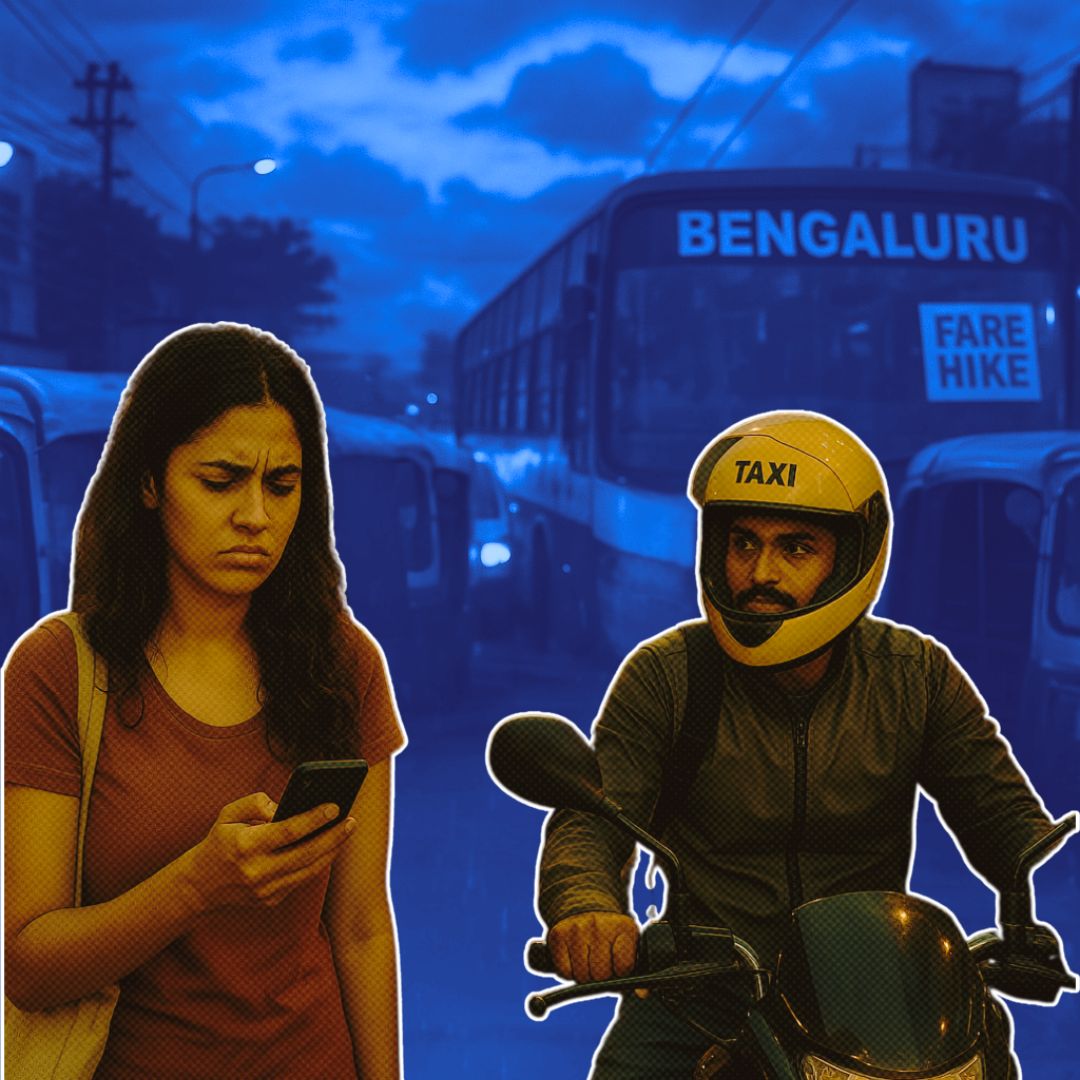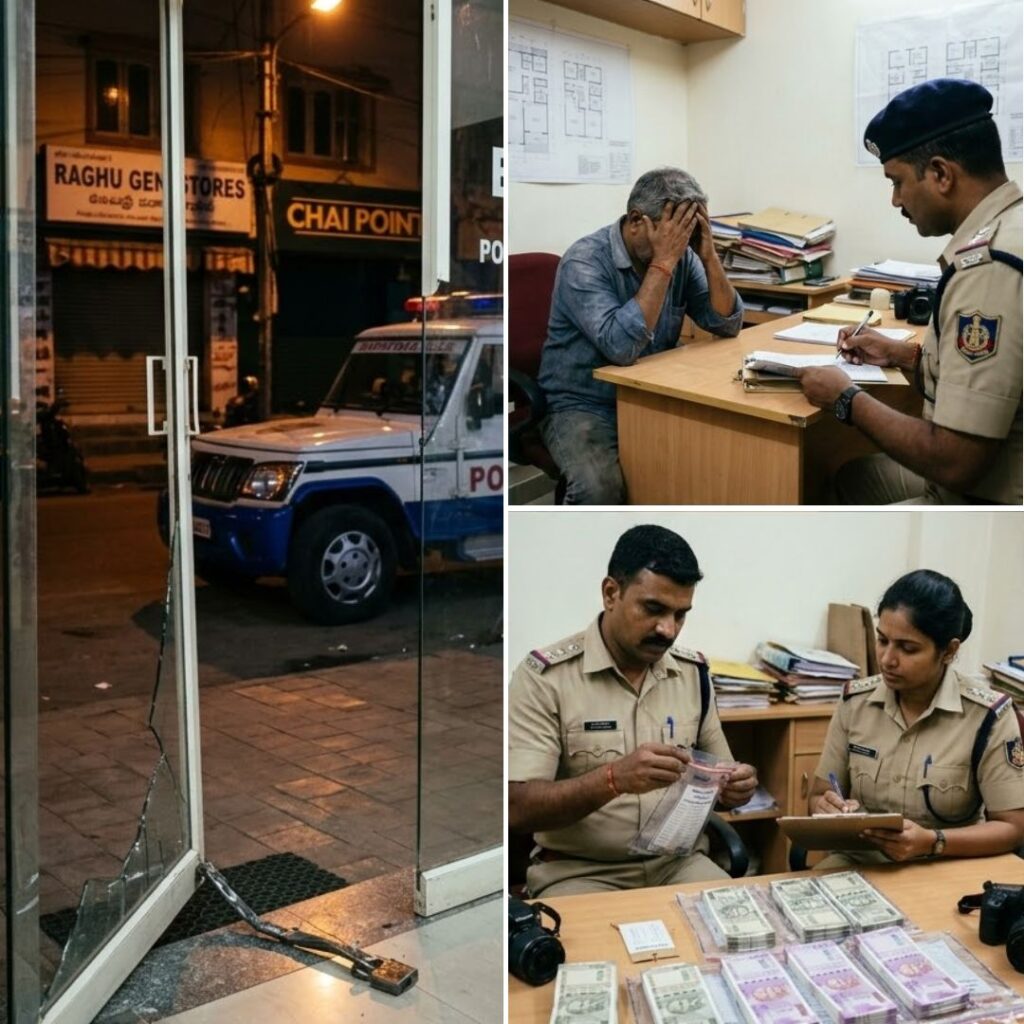Bengaluru commuters face mounting transportation challenges as the Karnataka High Court ordered a ban on bike taxi services within six weeks, citing regulatory gaps. This decision, issued on April 2, comes amidst sharp fare hikes for Metro (up to 71%) and buses (15%), further straining commuters’ finances. The court has directed the state government to draft rules for bike taxis within three months.
Stakeholders remain divided, with auto unions welcoming the move and bike taxi operators like Rapido expressing concerns about its impact on drivers and commuters. The decision has sparked debates over affordability, convenience, and urban mobility in India’s IT capital.
A Bumpy Road for Commuters
The High Court’s ruling has intensified debates over urban mobility in Bengaluru. Justice BM Shyam Prasad emphasized that bike taxis cannot operate until specific regulations under the Motor Vehicles Act are formulated. Rapido, which employs over 3 lakh drivers and serves 4 million customers in Bengaluru, expressed concerns about the livelihoods of its drivers and affordability for commuters.
“We are assessing legal options and will decide our next steps once the detailed order is available,” stated a Rapido spokesperson. Auto unions have praised the ban, arguing that bike taxis undercut their business, while commuters fear higher costs and reduced convenience. Transport Minister Ramalinga Reddy noted that the government will seek legal advice before framing rules.
Economic Impact on Mobility
The ban coincides with rising transportation costs, including Metro fare hikes of up to 71% and bus fares by 15%. Auto drivers are demanding an increase in minimum fares from ₹30 to ₹40 for the first two kilometres, exacerbating commuter burdens. For many residents, bike taxis offered a cost-effective alternative, often priced ₹30-35 cheaper than autos and ₹50-60 less than cabs.
College students and office workers have voiced concerns that banning bike taxis will worsen their daily commute expenses. Muskaan Kousar, a college student, stated, “Bike rides are much more convenient and cheaper than autos; this decision will add to already steep auto prices.”
Context: Regulatory Ambiguity and Resistance
Bike taxis have faced resistance in Bengaluru due to regulatory uncertainty and opposition from traditional transport operators. Karnataka’s Electric Bike Taxi Scheme launched in 2021 was withdrawn in March 2024 following protests by auto unions.
These unions argue that bike taxis operate without permits or tax obligations, making them unfair competition. Safety concerns have also been raised after incidents involving bike taxi riders, including a high-profile case last year where a woman was allegedly assaulted by a driver.
Similar bans have been imposed in Delhi and Maharashtra due to legal challenges surrounding private two-wheelers used for commercial purposes.
The Logical Indian’s Perspective
This situation highlights Bengaluru’s urgent need for sustainable urban mobility solutions that balance innovation with inclusivity. While regulatory oversight is necessary, banning affordable options like bike taxis without viable alternatives risks worsening commuter hardships in one of India’s most congested cities.
Policymakers must prioritise equitable transport policies that address both economic and environmental concerns while fostering dialogue between stakeholders. What do you think? Should bike taxis be regulated or banned altogether? Share your thoughts!











